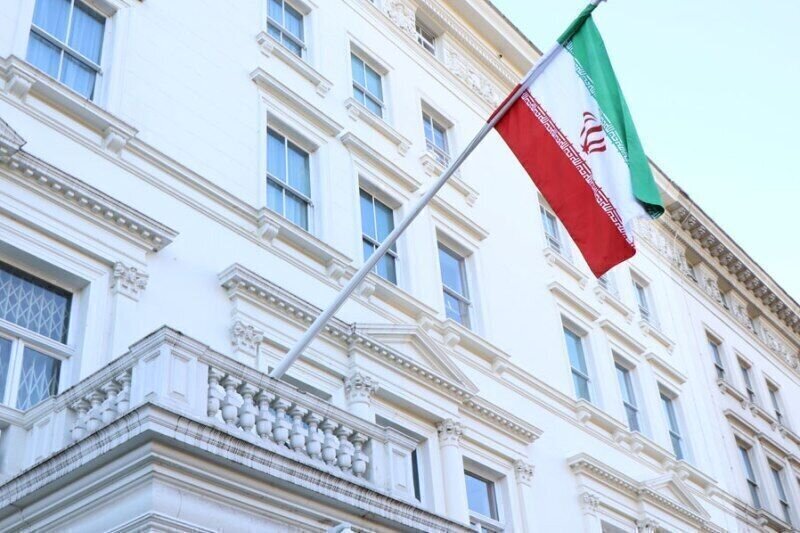Iranian embassy in London reaffirms nation's enduring commitment to justice

TEHRAN- The Iranian embassy in London has released a statement on X, asserting that Iranians have consistently aligned themselves with the principles of justice throughout history.
This statement coincides with the anniversary of Cyrus's conquest of Babylon in 539 B.C. It highlights that upon his arrival, the Iranian king freed the Jewish community and introduced the Cyrus Cylinder, which is often considered the first declaration of human rights and is currently housed in the British Museum.
The message emphasizes that Iranians have historically championed peace and freedom, while firmly opposing acts of violence, genocide, and occupation, which they attribute to the actions of the Israeli regime in Palestine and Lebanon.
The embassy's declaration highlights Iran's commitment to upholding justice as a core tenet of its domestic and foreign policy. It also acknowledges the importance of fostering mutual understanding and cooperation among nations. This message serves as a reminder of Iran's steadfast dedication to promoting justice within its borders and the broader international community.
Cyrus the Great's conquest of Babylon in 539 BCE is regarded as a pivotal moment in ancient history. This triumph signified the downfall of the Neo-Babylonian Empire and the rise of the Achaemenid Empire under Cyrus's leadership. The success of this conquest was primarily due to a blend of military tactics, astute political strategies, and Cyrus's commitment to honoring the customs and beliefs of the subjugated populations.
Cyrus's governance of Babylon was marked by a commitment to religious tolerance and the safeguarding of local traditions. This approach not only reinforced his authority in Babylon but also set a standard for how the Achaemenid Empire would manage its newly acquired territories.
His renowned proclamation, the Cyrus Cylinder, facilitated the repatriation of displaced peoples to their native lands and promoted the restoration of their sacred sites. This policy was instrumental in stabilizing the region and sustaining the Achaemenid Empire's dominance for more than two centuries.
